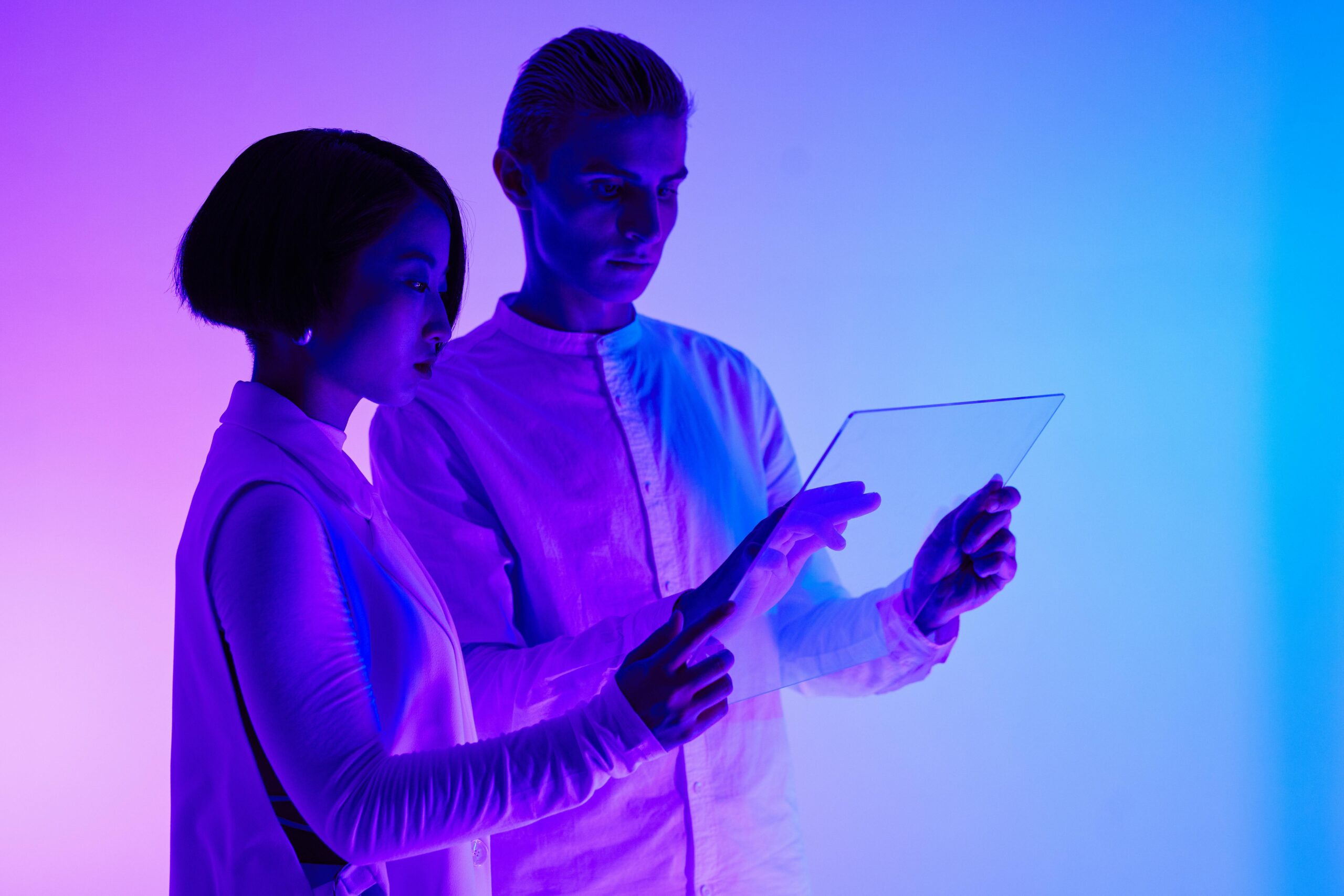The Rise of AI-Powered Companions: How Virtual Friends Are Changing Human Interaction
How Virtual Friends Are Changing Human Interaction; As artificial intelligence continues to evolve, so too does its role in our everyday lives. One of the most intriguing developments is the emergence of AI-powered companions—virtual friends, chatbots, and digital entities designed to engage with humans on a personal level. These companions are not just novelties; they are reshaping the way people interact, seek companionship, and even form emotional connections. But what does this mean for the future of human relationships?
READ ALSO: The Future of Human-Machine Interaction
1. The Evolution of AI Companions
From simple chatbots to sophisticated AI personalities, virtual companions have come a long way. Early text-based assistants paved the way for emotionally responsive AI, capable of adapting to human emotions and providing meaningful conversations. Companies like Replika, Character.AI, and Xiaoice have developed AI-driven systems designed to engage users in realistic, ongoing interactions.
2. Addressing Loneliness and Mental Health
AI companions offer solace to those experiencing loneliness, anxiety, or depression. With mental health issues on the rise, some people turn to AI-powered friends for comfort, encouragement, or even therapy-like conversations. While not a replacement for human interaction, these virtual companions can provide much-needed support, especially in isolated or underserved communities.
3. The Personalization Factor
One of the most impressive aspects of AI companions is their ability to learn and adapt. They can remember user preferences, recall past conversations, and even mimic human emotions to create a more authentic interaction. Over time, these AI entities become tailored to individual users, making the experience feel more genuine and engaging.
4. AI in Romantic and Social Relationships
Some AI companions go beyond friendships, venturing into the realm of romantic relationships. Users can create AI partners that cater to their emotional needs, offering a safe and judgment-free space for exploration. However, this raises ethical questions about human attachment to digital beings and the potential societal impact of AI-driven relationships replacing real-world connections.
5. Ethical Concerns and the Future of AI Companionship
As AI companions become more sophisticated, ethical questions arise. Should there be regulations on how realistic AI friends can become? How do we prevent emotional manipulation or over-dependence on AI companionship? The balance between beneficial interaction and potential risks will be a major factor in the future development of these technologies.
How Virtual Friends Are Changing Human Interaction: Final Thoughts
How Virtual Friends Are Changing Human Interaction; AI-powered companions are no longer a distant dream—they are a reality, actively shaping human interactions in profound ways. Whether as a friend, a counselor, or even a romantic partner, these virtual beings provide companionship in a digital age where meaningful connections can be hard to find. The challenge lies in navigating this new frontier responsibly, ensuring that AI enhances, rather than replaces, human relationships.
